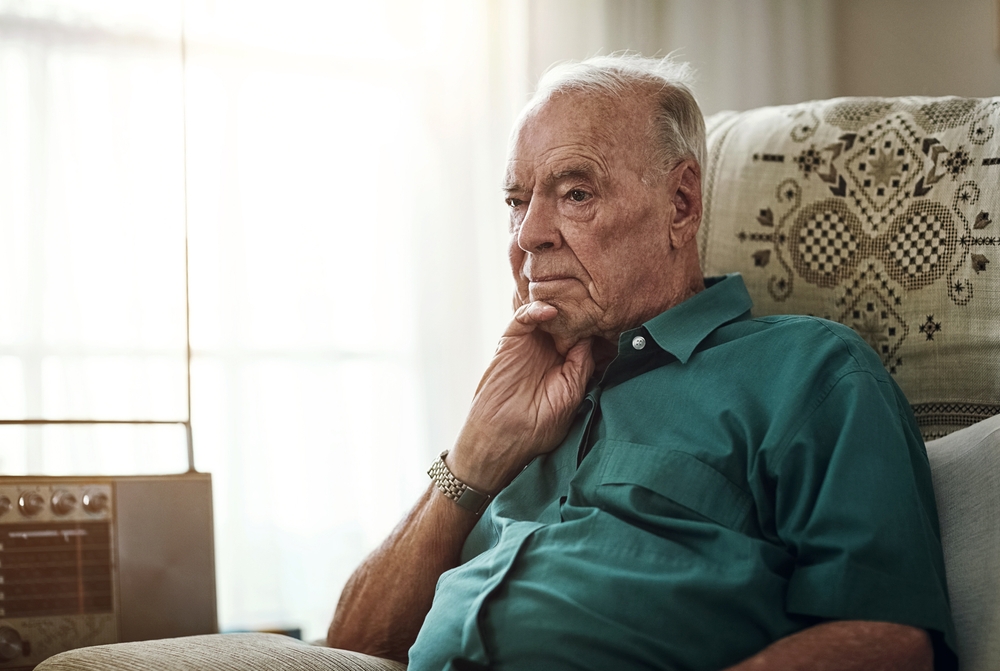Most people expect to recover from a concussion within a few weeks. But for some, the symptoms persist for months or even years, leading to a condition known as post-concussion syndrome. This can be a frustrating and isolating experience, filled with questions and uncertainty. Demystifying post-concussion syndrome symptoms is the first step toward understanding why they linger and what can be done. This guide will explore the complexities of this condition, why it occurs, and provide an overview of effective post-concussion syndrome treatment options to help you or a loved one navigate the path to recovery. Reach out today to learn more about how we can help you enhance your golden years.
Understanding Post-Concussion Syndrome Symptoms
Post-concussion syndrome (PCS) is a complex disorder in which concussion-like symptoms last long after the initial injury. While most people recover from a concussion within a month, those with PCS experience symptoms for an extended period. The exact cause is still being debated by researchers, but it is believed to involve both structural damage to the brain and psychological factors.
Common symptoms can be grouped into four categories:
- Physical Symptoms
- Persistent headaches or migraines
- Dizziness and balance problems
- Fatigue and sleep disturbances (insomnia or sleeping too much)
- Sensitivity to light and sound
- Nausea or vomiting
- Cognitive Symptoms
- Difficulty with concentration and memory (often called “brain fog”)
- Slowed thinking and processing speed
- Trouble with problem-solving and executive functions
- Irritability and agitation
- Anxiety and depression
- Sudden, unprovoked mood swings
- Apathy or a lack of interest in usual activities
- Sleep-Related Symptoms
- Insomnia or difficulty falling asleep
- Excessive daytime sleepiness
- Changes in sleep patterns
These persistent symptoms can significantly impact a person’s ability to work, attend school, and engage in social activities, leading to a diminished quality of life.
Effective Post-Concussion Syndrome Treatment Approaches
There is no single cure for PCS. Instead, treatment focuses on managing the specific symptoms a person is experiencing. A multidisciplinary approach involving various specialists is often the most effective strategy.
Symptom-Specific Therapies
A tailored plan is created based on the individual’s most disruptive symptoms.
- For Headaches: A neurologist may prescribe medications to manage chronic headaches or migraines. Lifestyle adjustments, such as maintaining a regular sleep schedule and managing stress, are also crucial.
- For Dizziness and Balance Issues: Vestibular therapy, provided by a physical therapist, can be highly effective. This therapy uses specific exercises to help the brain relearn how to interpret signals related to balance and spatial orientation.
- For Cognitive Difficulties: A neuropsychologist or an occupational therapist can provide cognitive rehabilitation. This therapy helps patients develop strategies to compensate for memory and concentration problems.
Psychological and Emotional Support
The emotional toll of PCS is significant.
- Cognitive Behavioral Therapy (CBT): This form of psychotherapy can help individuals manage the anxiety and depression that often accompany a chronic condition. It teaches coping strategies and helps reframe negative thought patterns.
- Support Groups: Connecting with others who are going through a similar experience can reduce feelings of isolation and provide a valuable source of emotional support and practical advice.
Gradual Return to Activity
The old advice of complete rest in a dark room is now outdated. Current best practices recommend a gradual and carefully managed return to physical and cognitive activity. A healthcare provider can help create a structured plan that slowly reintroduces activities without overwhelming the brain and triggering symptoms.
The Role of Specialized Care and Services
Navigating recovery from PCS can be complex. Comprehensive TBI care management is essential for coordinating appointments, therapies, and services. This ensures that all aspects of the individual’s health are being addressed in an integrated way.
For those with significant, long-term needs, programs like the NHTD TBI services (Nursing Home Transition and Diversion Medicaid Waiver for Traumatic Brain Injury) can be a vital resource. These services are designed to help individuals with traumatic brain injuries receive the support they need to live in the community. Accessing NHTD TBI services can provide funding for home modifications, assistive technology, and community integration counseling, which are all part of a holistic TBI care management plan.
Demystifying post-concussion syndrome symptoms reveals a complex condition that requires a patient, proactive, and personalized approach to treatment. While the lingering symptoms can be deeply discouraging, it is important to know that recovery is possible. The key is to seek a comprehensive evaluation and engage in a post-concussion syndrome treatment plan that addresses your specific set of challenges—from physical and cognitive to emotional.
If you or a loved one is struggling with persistent symptoms after a concussion, do not hesitate to seek help. Consult with a healthcare provider who specializes in brain injuries to get an accurate diagnosis and begin a treatment plan tailored to your needs. With the right support, you can manage your symptoms and work toward reclaiming your quality of life. Feel free to call HouseCalls Home Care at 718-922-9200 if you or a loved one requires compassionate and competent home care services. You can also send an email to us at info@HouseCallshc.org for more information. Our goal is to help you find the best support for your needs. Alternatively, you can register your information here https://yuz88hfiyh7.typeform.com/to/E5thuv5G?typeform-source=statics.teams.cdn.office.net, and we will get back to you.




